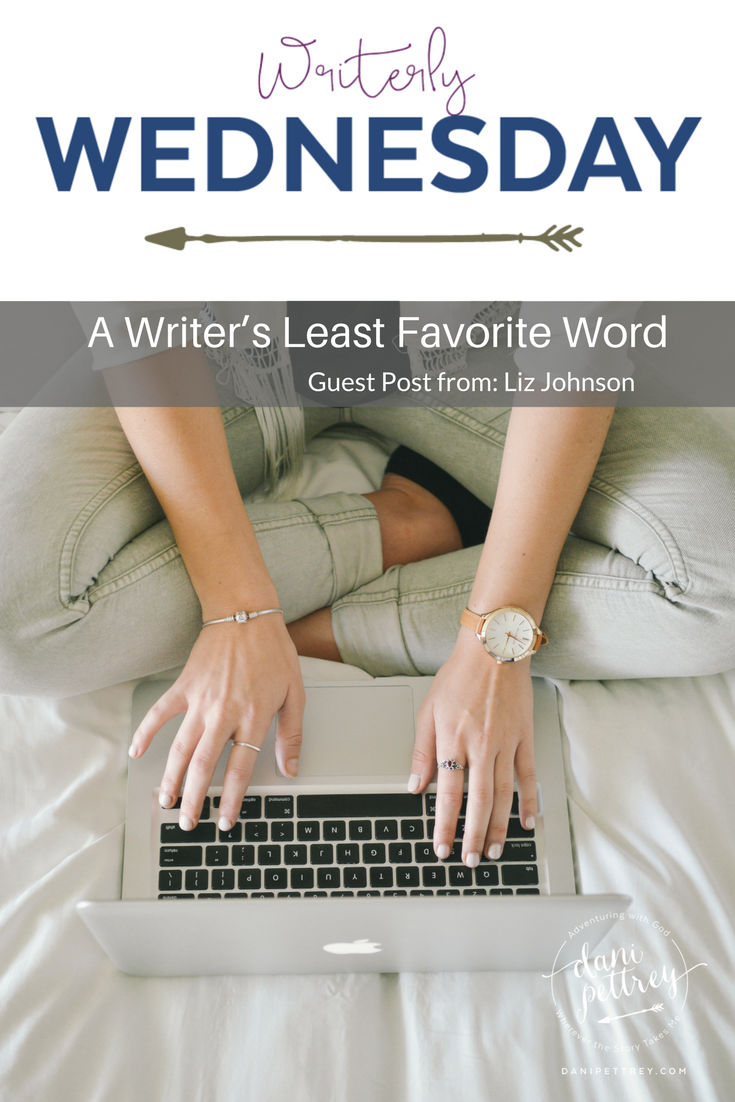 Like most writers, I love words. I love the way they fit together to create entire worlds. I love their rhythm and the way they can set a mood. I love words. But there’s one that I hate. I shudder every time it’s so much as whispered.
Like most writers, I love words. I love the way they fit together to create entire worlds. I love their rhythm and the way they can set a mood. I love words. But there’s one that I hate. I shudder every time it’s so much as whispered.
DEADLINE.
Did you here that? It was the automatic nervous twitch of every writer out there facing the dreaded countdown clock. It’s the reminder that the book you couldn’t wait to start must come to an end. And it has to happen pronto. Someone is expecting that finished, polished, ready-to-go book. And you have to deliver.
Maybe you’ve signed a contract and promised your editor you’ll turn your book in by a specific date. Perhaps you’ve promised to send it to your critique partner. Or it could be a commitment that you’ve made to yourself. The book has to be done.
I know this scenario well. I’m right-smack-dab in the middle of it. It’s three weeks away, and my book is the opposite of finished. I keep staring down the deadline and staring at my progress and thinking, this might not work.
I also know the importance of meeting deadlines. The fastest way to prove you’re a serious writer is by meeting deadlines—even the self-imposed ones. It’s not always easy. Life gets in the way. But the book still has to be written. So here are my five tips for conquering the deadline blues.
-
Make a plan.
Set small, obtainable goals. Maybe your goal is to write for thirty minutes three nights a week. Maybe it’s to write 1000 words every day. Whatever your goal, make it measurable and attainable. Meeting smaller goals will make the bigger one manageable.
-
Set up a reward system.
Decide on a small treat when you reach each of your small goals. Perhaps you’ll watch an episode of your favorite TV show only after you’ve gotten in your 1000 words for the day. Or maybe you’ll save dessert until after the chapter is done. And when you’ve completed your book? That might be the perfect time for a weekend getaway with friends.
-
Ask for help.
You don’t have to do this writing thing alone. Sure, writing can feel like a solitary journey—and it often is. Just you and your computer. But you’re not alone. You have friends and family who want to see you succeed. They want to help you, so don’t be afraid to ask. My best friend is a wonderful chef, and when I’m in the throes of birthing a book, she’s been known to bring me a homemade meal that I’d never have time to make myself. I have another friend who offered to keep me accountable to write my first book. Every day she checked in with me to make sure I wrote the night before, and because of her I finished my first published novel. Help can take many shapes, and only you know what help you need. So ask for it.
-
Let the calendar motivate you.
A few years ago I was talking to a friend, who was working on her tenth book. With six weeks to go, she had written less than half of her book, so I asked how she was feeling. “I work better under pressure,” she said. Many writers fall into that category. Creatives can definitely be procrastinators. If you know you work faster and write better as time dwindles, then keep an eye on that clock and use it force out distractions and propel you to your best writing.
-
Prayer.
Yep. It’s pretty simple but even easier to forget. If you’re feeling the deadline stress, take a deep breath and a moment to talk with the God who gave you desire to write in the first place. Ask for His help. Lay your worries before Him. And watch how God works.
As writers, we don’t have to fear or despise deadlines. In fact we can make them work for us. And when deadline is no longer your least favorite word, you can choose another one, like maybe that word that you can never spell correctly. For me it’s melee. (I had to look it up. Again.)
GIVEAWAY
Liz Johnson has kindly offered to giveaway a copy of her book, Where Two Hearts Meet. Simply answer the question below in the comments and a winner will be chose at random.
"Do deadlines stress you out? How do you deal with them?"
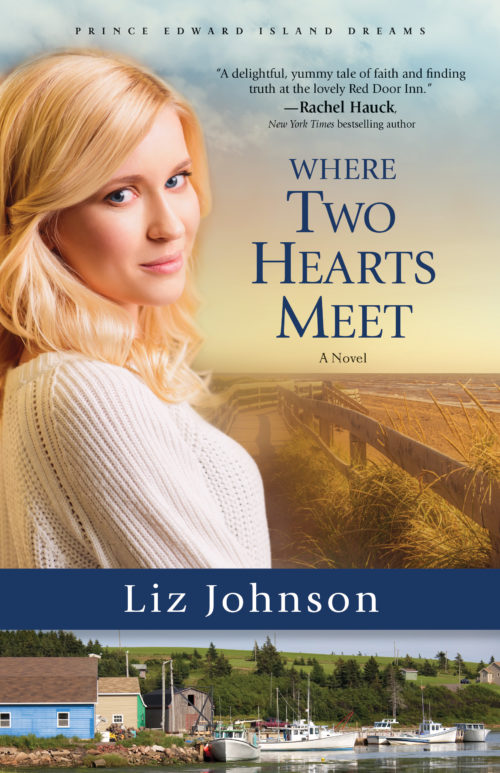
 Liz Johnson is a thirteen-time deadline survivor of twelve novels—including The Red Door Inn and Where Two Hearts Meet—and a New York Times bestselling novella. She makes her home in Tucson, AZ, where she works in marketing, explores local theater, and dotes on her nieces and nephews. Follow her adventures in publishing at www.lizjohnsonbooks.com or www.Facebook.com/LizJohnsonBooks.
Liz Johnson is a thirteen-time deadline survivor of twelve novels—including The Red Door Inn and Where Two Hearts Meet—and a New York Times bestselling novella. She makes her home in Tucson, AZ, where she works in marketing, explores local theater, and dotes on her nieces and nephews. Follow her adventures in publishing at www.lizjohnsonbooks.com or www.Facebook.com/LizJohnsonBooks.


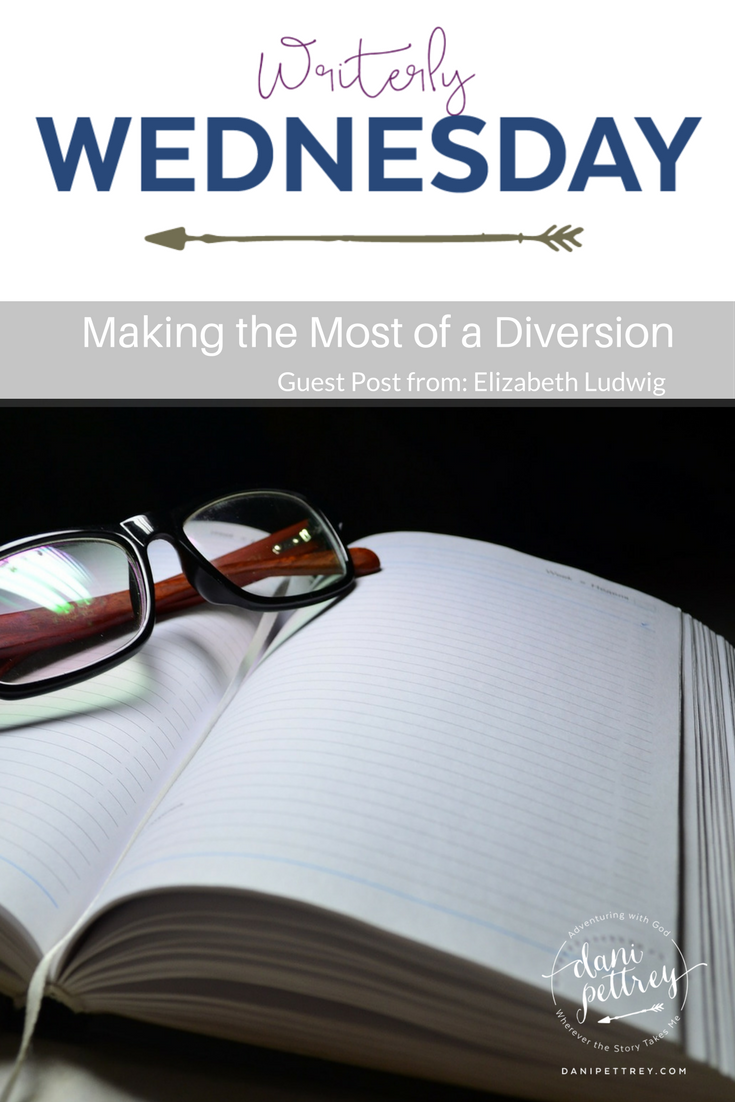


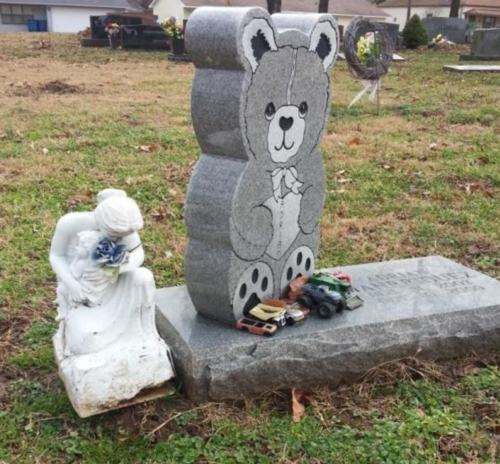



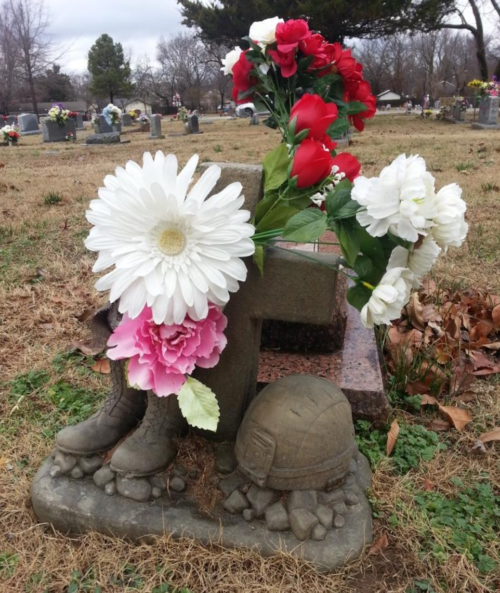


 Elizabeth Ludwig is an award-winning author and speaker. Book three in her popular
Elizabeth Ludwig is an award-winning author and speaker. Book three in her popular 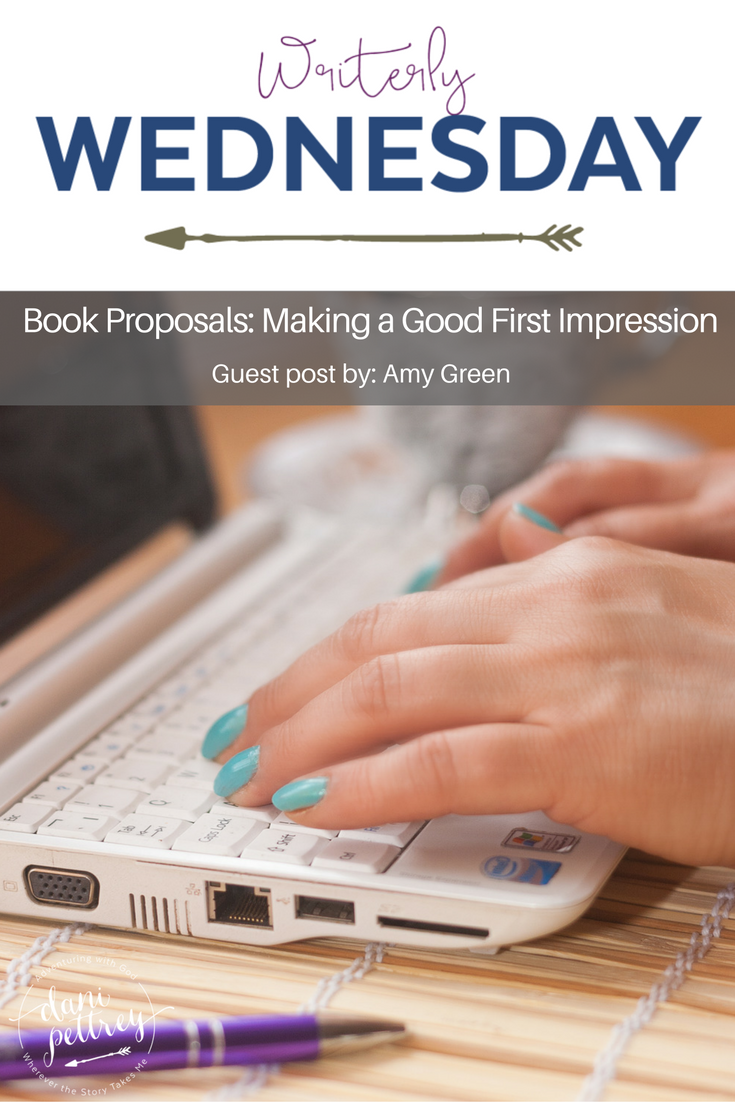
 Amy Green is the fiction publicist at Bethany House. Her typical day might involve planning book tours, handling media requests, interacting with reviewers, answering author questions about marketing, and other tasks designed to introduce readers to great books. Outside of work, you can find her playing board games, baking bread, and bravely weathering Minnesota winters. She blogs every
Amy Green is the fiction publicist at Bethany House. Her typical day might involve planning book tours, handling media requests, interacting with reviewers, answering author questions about marketing, and other tasks designed to introduce readers to great books. Outside of work, you can find her playing board games, baking bread, and bravely weathering Minnesota winters. She blogs every 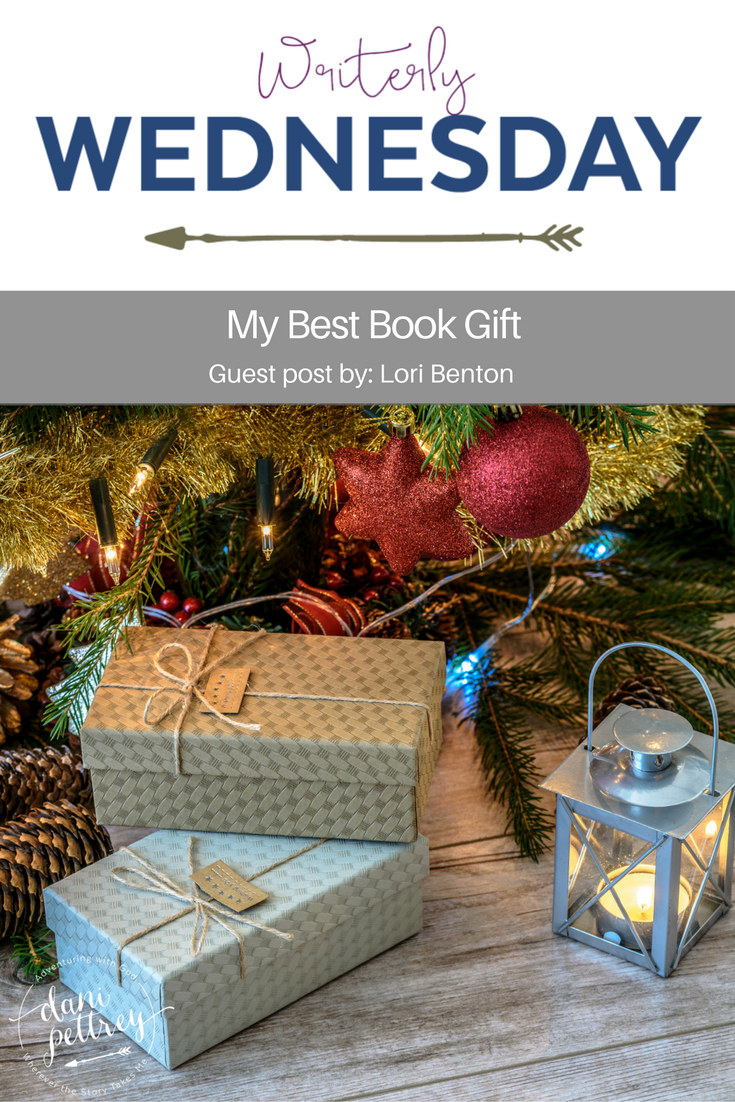
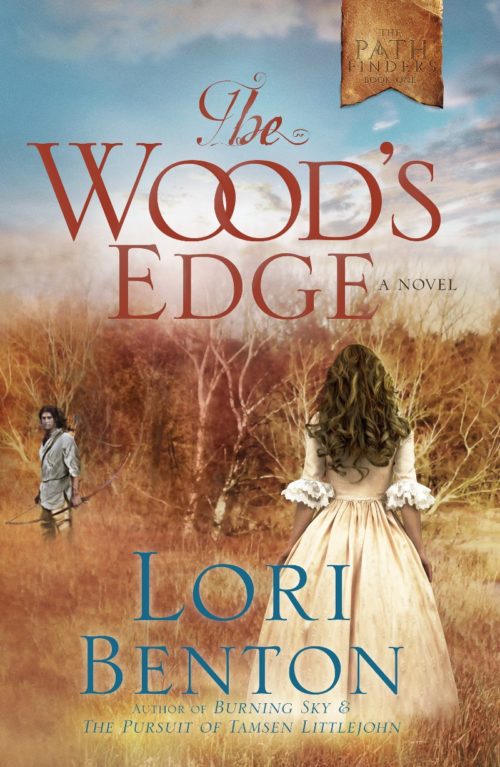
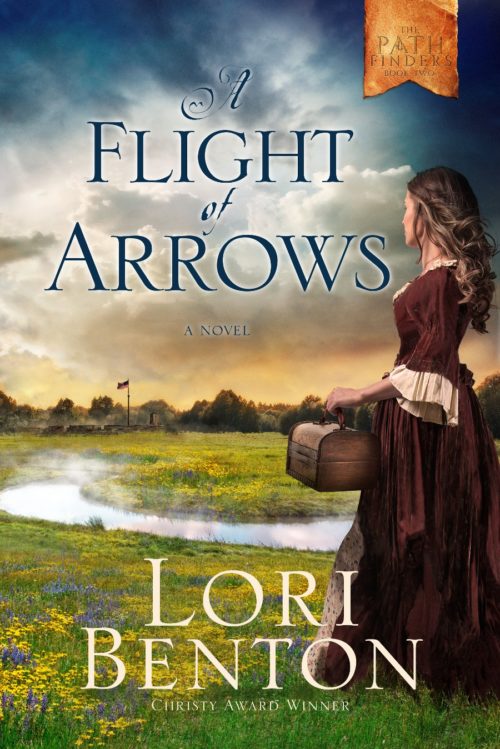
 Lori Benton’s novels transport readers to the eighteenth century, where she brings to life the Colonial and early Federal period’s of American history. She is the multiple award-winning author of numerous books including
Lori Benton’s novels transport readers to the eighteenth century, where she brings to life the Colonial and early Federal period’s of American history. She is the multiple award-winning author of numerous books including 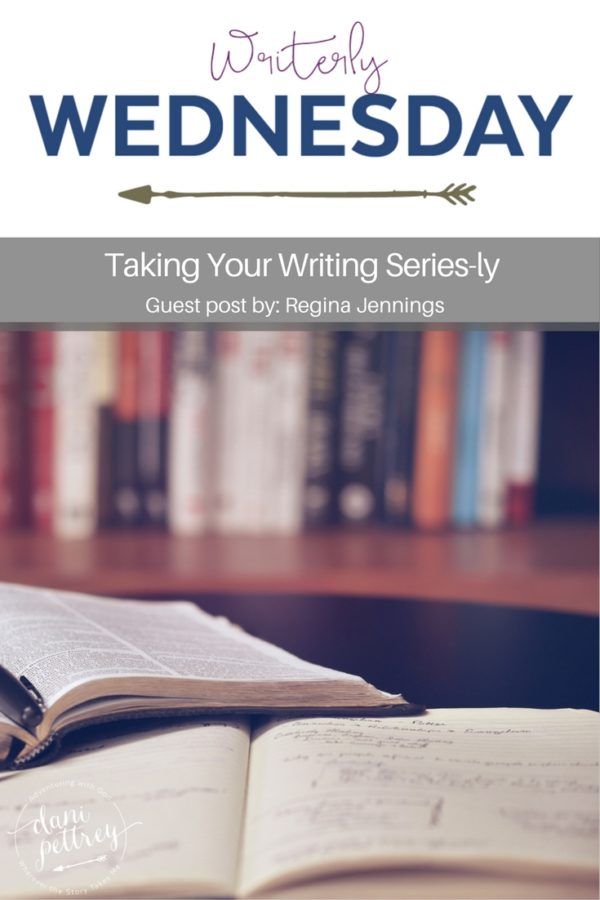
 Award-winning author Regina Jennings is a homeschooling mother of four from Oklahoma. She enjoys watching musicals with her kids, traveling with her husband and reading by herself. When not plotting historical fiction she plots how she could move Highclere Castle, stone by stone, into her pasture and how she could afford the staff to manage it.
Award-winning author Regina Jennings is a homeschooling mother of four from Oklahoma. She enjoys watching musicals with her kids, traveling with her husband and reading by herself. When not plotting historical fiction she plots how she could move Highclere Castle, stone by stone, into her pasture and how she could afford the staff to manage it.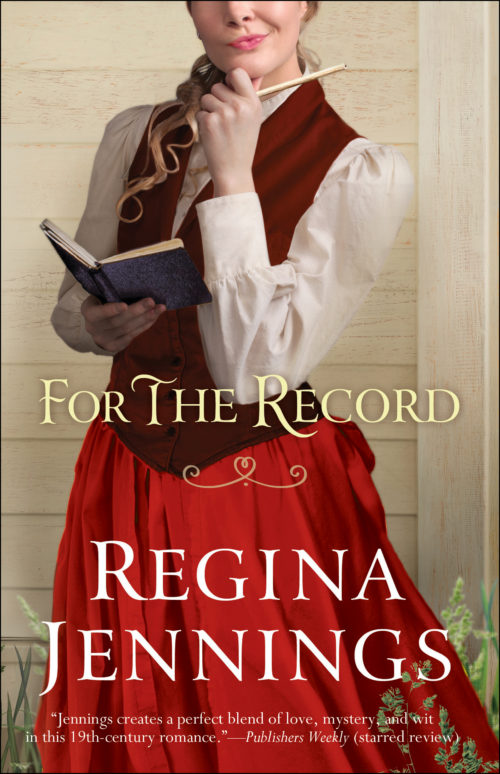 WIN a copy of For the Record
WIN a copy of For the Record
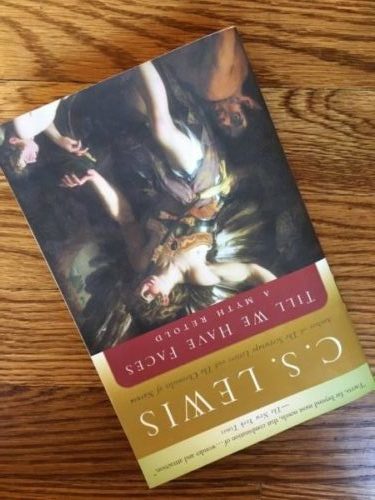
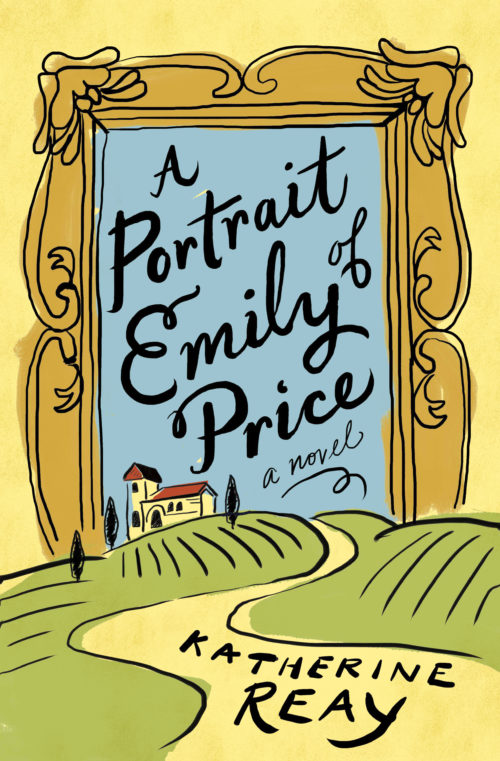
 Katherine Reay is the award-winning author of Dear Mr. Knightley, Lizzy & Jane and The Bronte Plot, an ALA Notable Book Award Finalist. Her latest novel, A Portrait of Emily Price, released in November 2016 and received Starred Reviews from Publishers Weekly, Library Journal, and a Romantic Times TOP PICK!Katherine is also a rehabbing runner, former marketer and avid chocolate consumer – who happily resides outside Chicago, IL.
Katherine Reay is the award-winning author of Dear Mr. Knightley, Lizzy & Jane and The Bronte Plot, an ALA Notable Book Award Finalist. Her latest novel, A Portrait of Emily Price, released in November 2016 and received Starred Reviews from Publishers Weekly, Library Journal, and a Romantic Times TOP PICK!Katherine is also a rehabbing runner, former marketer and avid chocolate consumer – who happily resides outside Chicago, IL.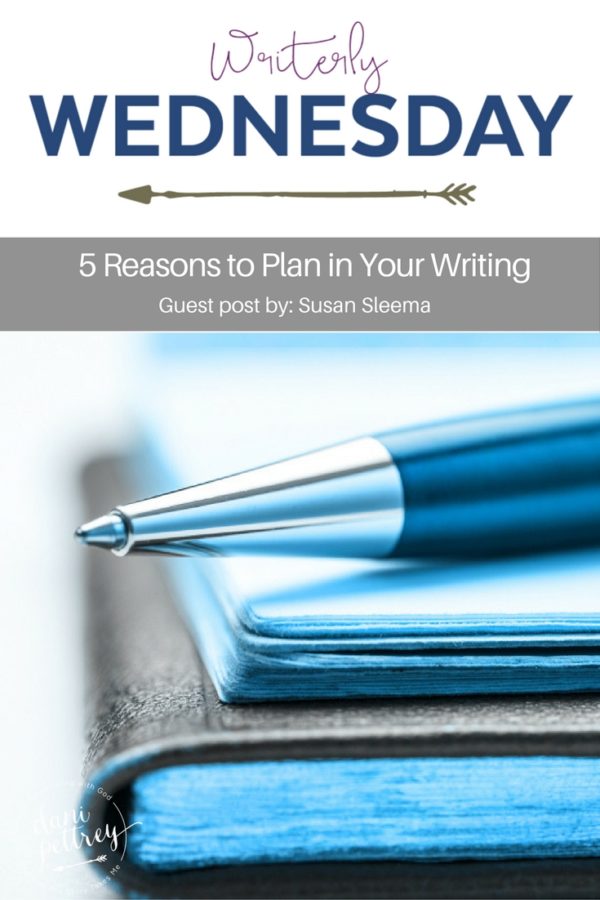
 1. See yourself as a professional writer
1. See yourself as a professional writer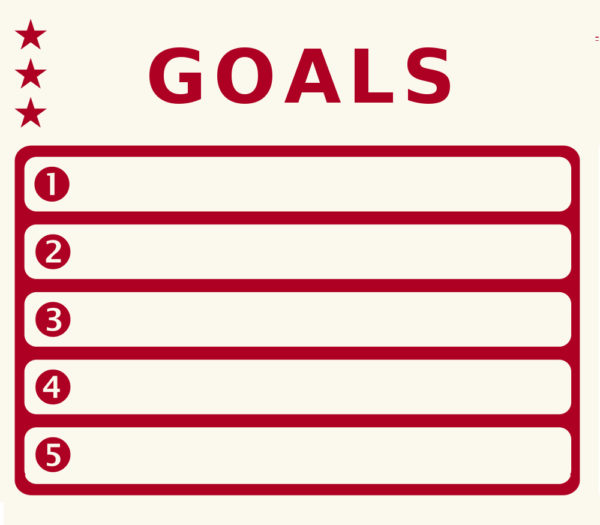

 SUSAN SLEEMAN is a best-selling and award-winning author of more than 25 inspirational/Christian and clean read romantic suspense books. In addition to writing, Susan also hosts the popular website TheSuspenseZone.com. Susan currently lives in Oregon, but has had the pleasure of living in nine states. Her husband is a retired church music director and they have two beautiful daughters, a very special son-in-law, and an adorable grandson.
SUSAN SLEEMAN is a best-selling and award-winning author of more than 25 inspirational/Christian and clean read romantic suspense books. In addition to writing, Susan also hosts the popular website TheSuspenseZone.com. Susan currently lives in Oregon, but has had the pleasure of living in nine states. Her husband is a retired church music director and they have two beautiful daughters, a very special son-in-law, and an adorable grandson.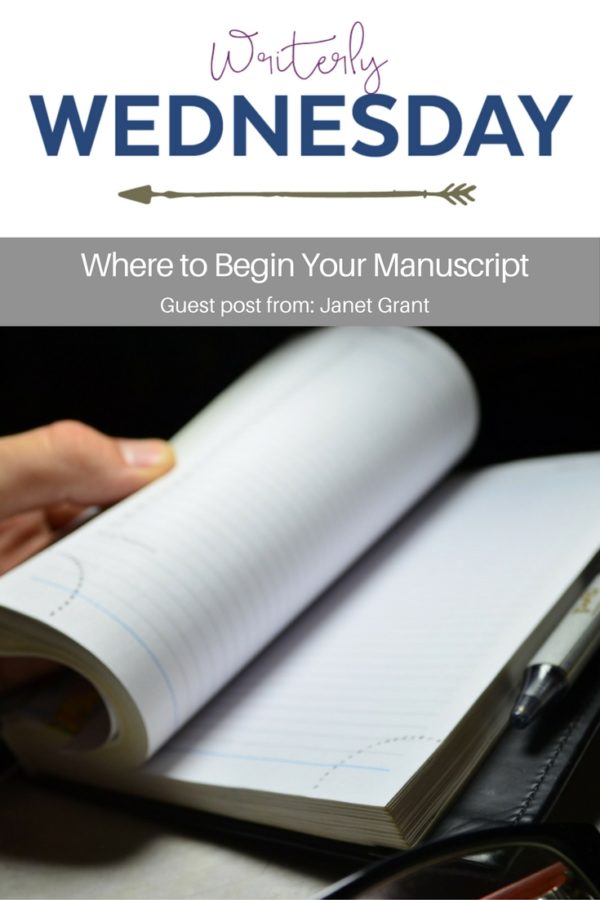
 Janet Kobobel Grant had two goals as a grade-schooler: to read all the books in the library and to write a novel each summer. Her dream was to win the Pulitzer Prize. Well, she never did get all those books read, she seldom completed her summer writing project, and she certainly never won a Pulitzer Prize. But those unusual aspirations were indicative of her love of books.
Janet Kobobel Grant had two goals as a grade-schooler: to read all the books in the library and to write a novel each summer. Her dream was to win the Pulitzer Prize. Well, she never did get all those books read, she seldom completed her summer writing project, and she certainly never won a Pulitzer Prize. But those unusual aspirations were indicative of her love of books.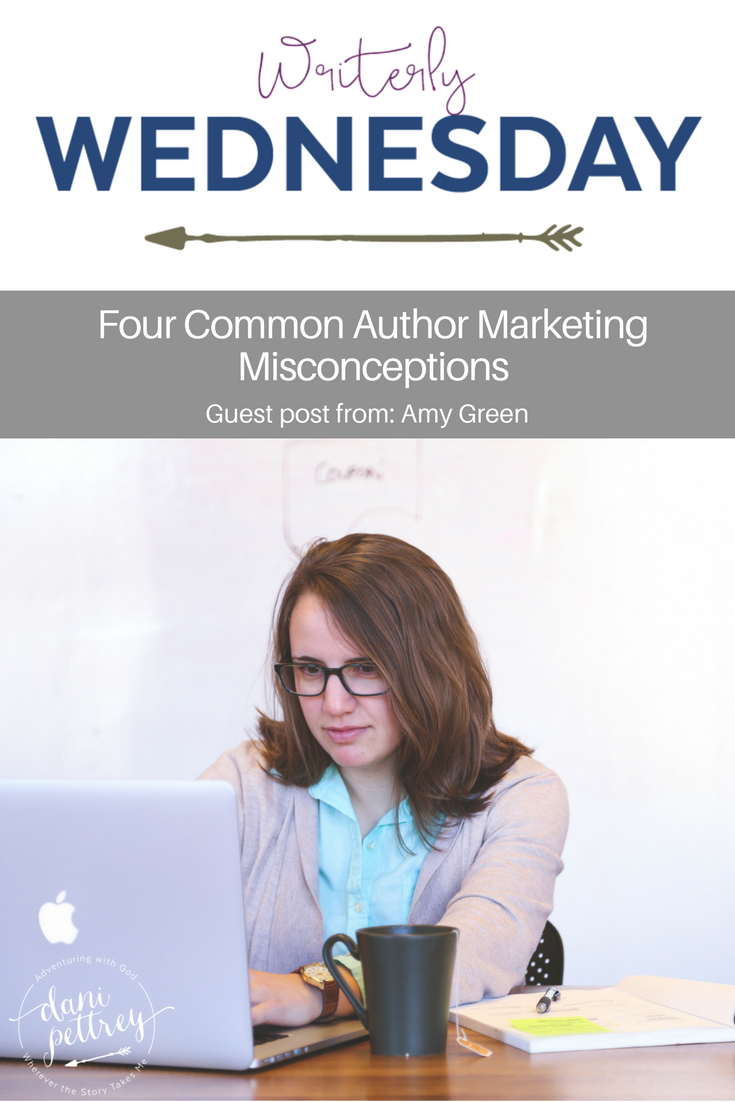 As the fiction publicist at Bethany House, I have an outside view of authors’ struggles with marketing—I’m close enough to hear and understand where they’re coming from, and far enough away that I can say, “This doesn’t have to be so painful. Really. I promise.” So, what are some things I’ve learned? Here are a few marketing misconceptions I think many authors have, along with some actual go-do- this takeaways.
As the fiction publicist at Bethany House, I have an outside view of authors’ struggles with marketing—I’m close enough to hear and understand where they’re coming from, and far enough away that I can say, “This doesn’t have to be so painful. Really. I promise.” So, what are some things I’ve learned? Here are a few marketing misconceptions I think many authors have, along with some actual go-do- this takeaways.
 Professional coffee drinker & ECPA/Publisher's Weekly best-selling author, Jaime Jo Wright resides in the hills of Wisconsin writing spirited romantic suspense stained with the shadows of history. Coffee fuels her snarky personality. She lives in Neverland with her Cap’n Hook who stole her heart and will not give it back, their little fairy TinkerBell, and a very mischievous Peter Pan. The foursome embark on scores of adventure that only make her fall more wildly in love with romance and intrigue.
Professional coffee drinker & ECPA/Publisher's Weekly best-selling author, Jaime Jo Wright resides in the hills of Wisconsin writing spirited romantic suspense stained with the shadows of history. Coffee fuels her snarky personality. She lives in Neverland with her Cap’n Hook who stole her heart and will not give it back, their little fairy TinkerBell, and a very mischievous Peter Pan. The foursome embark on scores of adventure that only make her fall more wildly in love with romance and intrigue.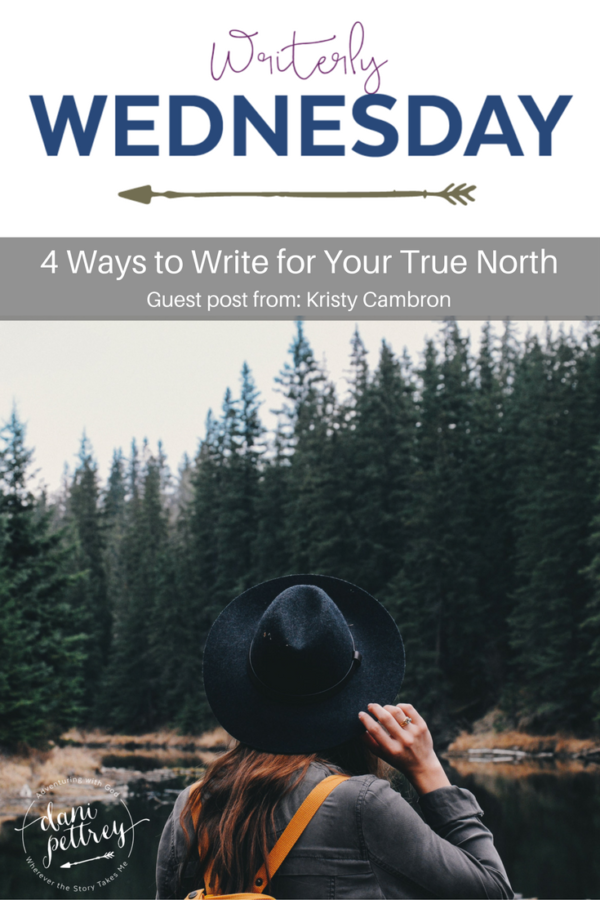

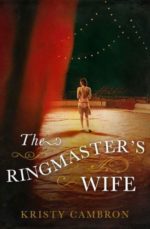
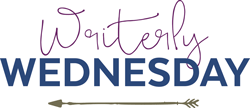
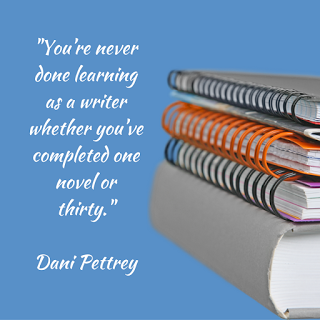
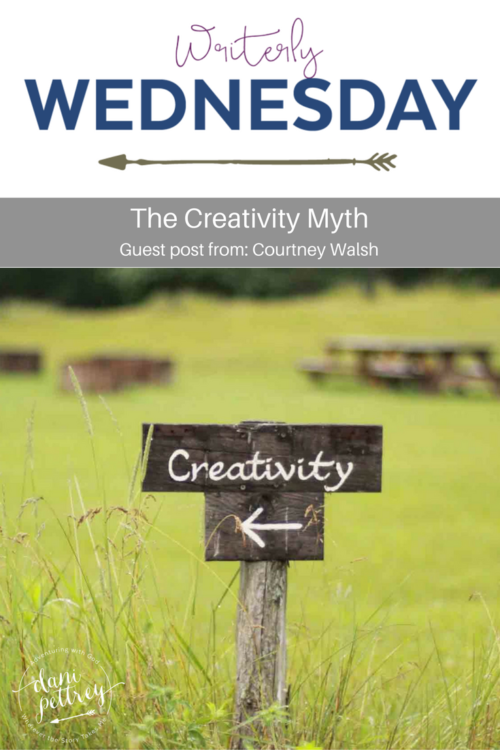





 Courtney Walsh is a novelist, artist, theater director, and playwright. Change of Heart is her fifth novel and is set in the same town as Paper Hearts. Her debut novel, A Sweethaven Summer, hit the New York Times and USA Today e-book bestseller lists and was a Carol Award finalist in the debut author category. She has written two additional books in the Sweethaven series, as well as two craft books and several full-length musicals. Courtney lives in Illinois where she and her husband own a performing and visual arts studio. They have three children.
Courtney Walsh is a novelist, artist, theater director, and playwright. Change of Heart is her fifth novel and is set in the same town as Paper Hearts. Her debut novel, A Sweethaven Summer, hit the New York Times and USA Today e-book bestseller lists and was a Carol Award finalist in the debut author category. She has written two additional books in the Sweethaven series, as well as two craft books and several full-length musicals. Courtney lives in Illinois where she and her husband own a performing and visual arts studio. They have three children.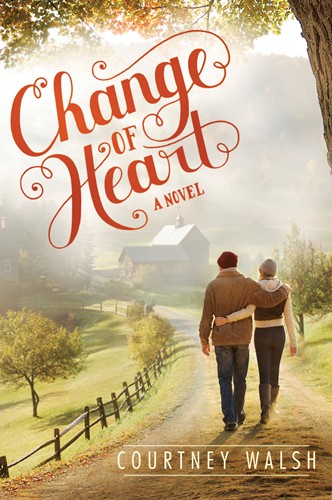
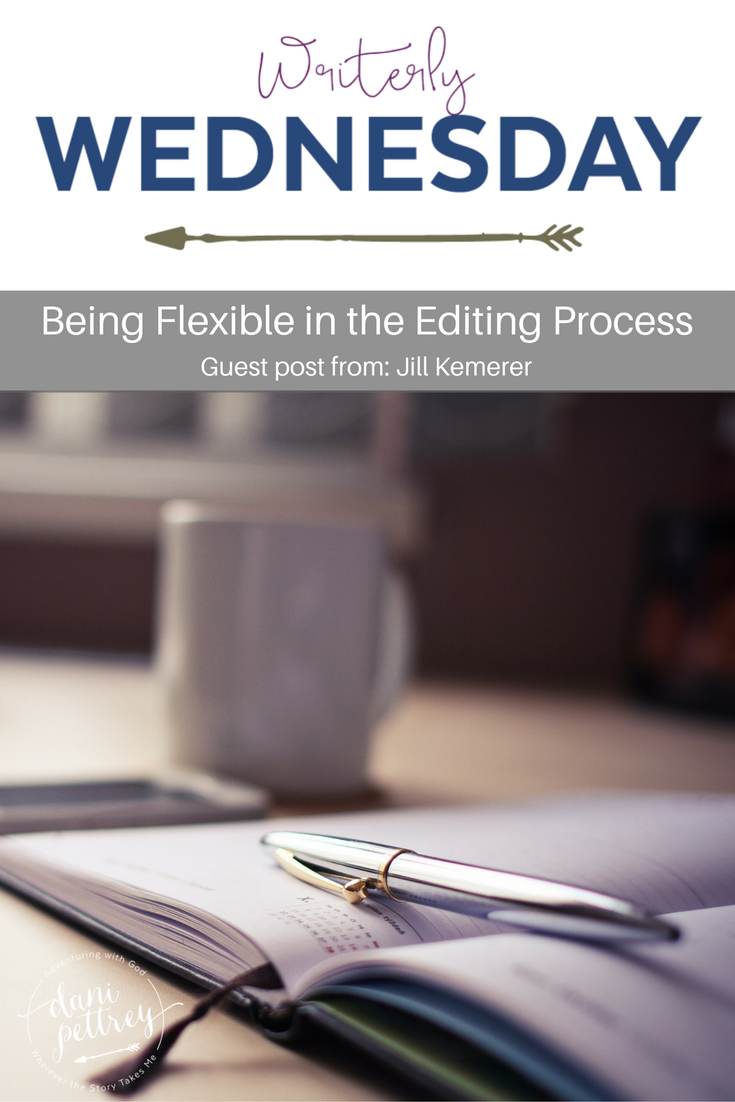
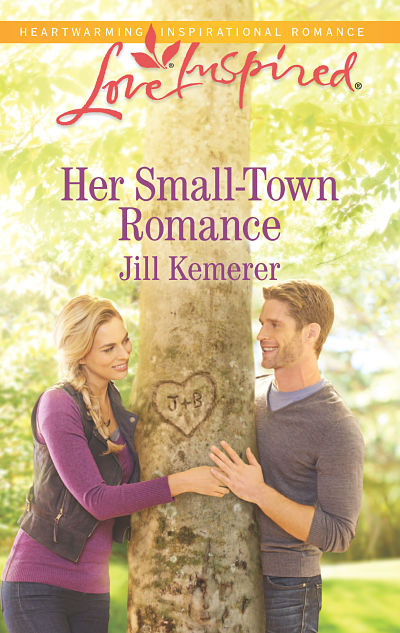

 Happy Wednesday, friends! I got an email from a reader asking about how I stay inspired, especially how I overcome writer's block. While I don't know that I've ever dealt with actual writer's block, I have dealt with procrastination and I believe the cure for both is basically the same, and that is inspiration. Finding ways to stay inspired and to fill the creative well when you are going through a drought - whether self-inflicted (like my procrastination) or straight out writer's block - is essential to keep writing consistently. Here are the top seven ways I find inspiration. I hope you find them helpful.
Happy Wednesday, friends! I got an email from a reader asking about how I stay inspired, especially how I overcome writer's block. While I don't know that I've ever dealt with actual writer's block, I have dealt with procrastination and I believe the cure for both is basically the same, and that is inspiration. Finding ways to stay inspired and to fill the creative well when you are going through a drought - whether self-inflicted (like my procrastination) or straight out writer's block - is essential to keep writing consistently. Here are the top seven ways I find inspiration. I hope you find them helpful.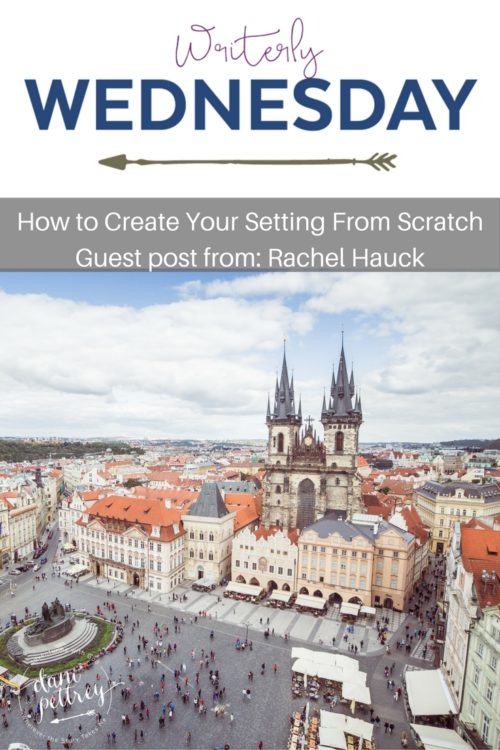
 New York Times and USA Today Bestselling author Rachel Hauck lives in sunny central Florida with her husband and ornery cat.
New York Times and USA Today Bestselling author Rachel Hauck lives in sunny central Florida with her husband and ornery cat.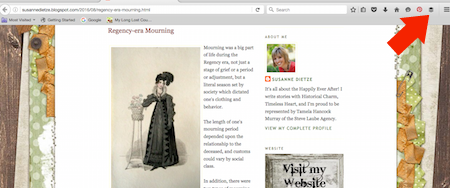
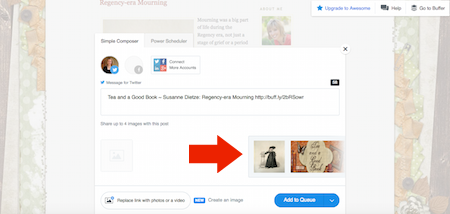
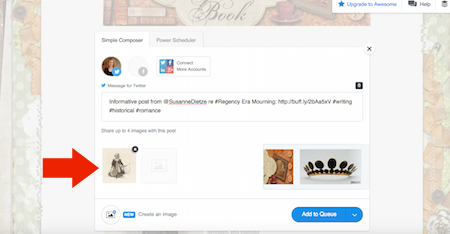


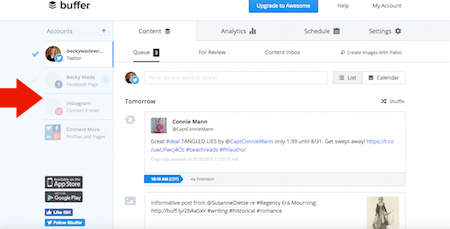
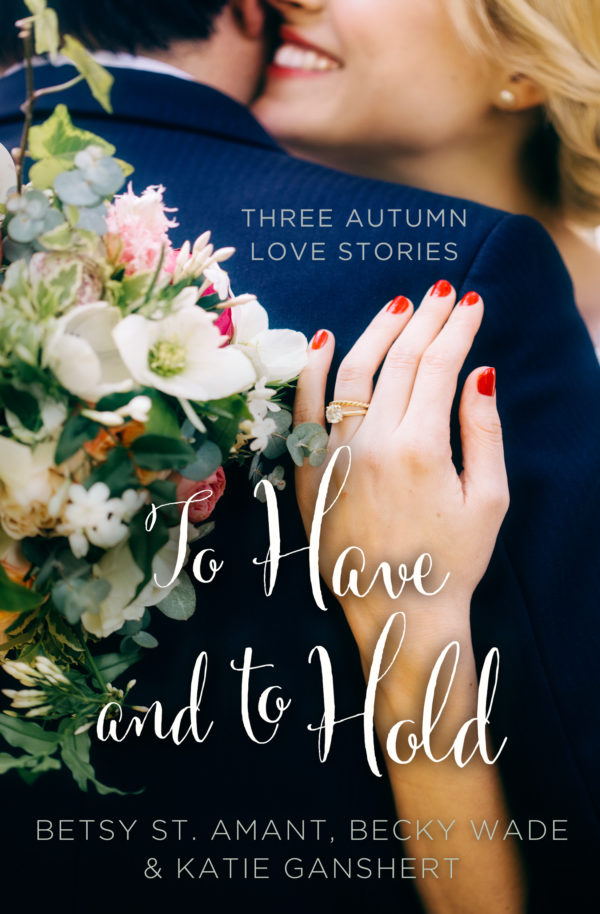
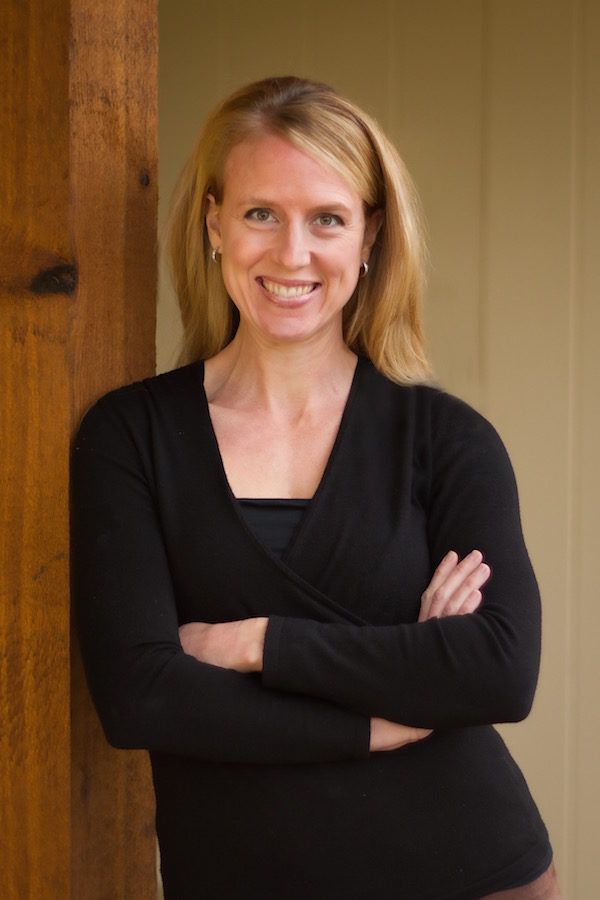


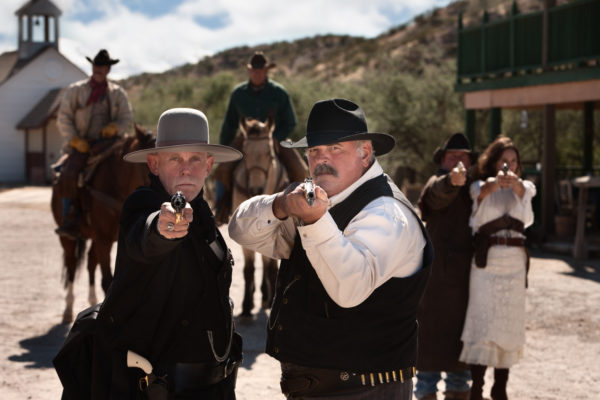
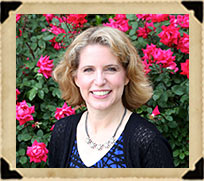

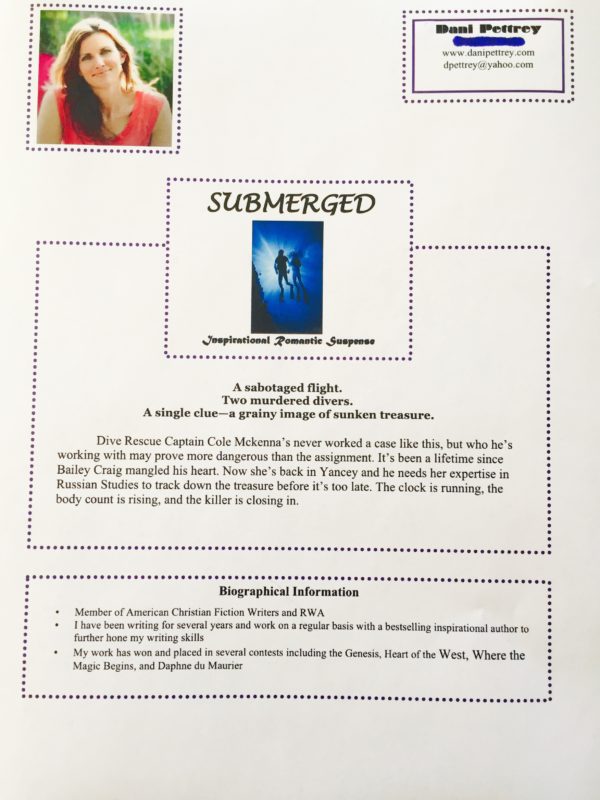
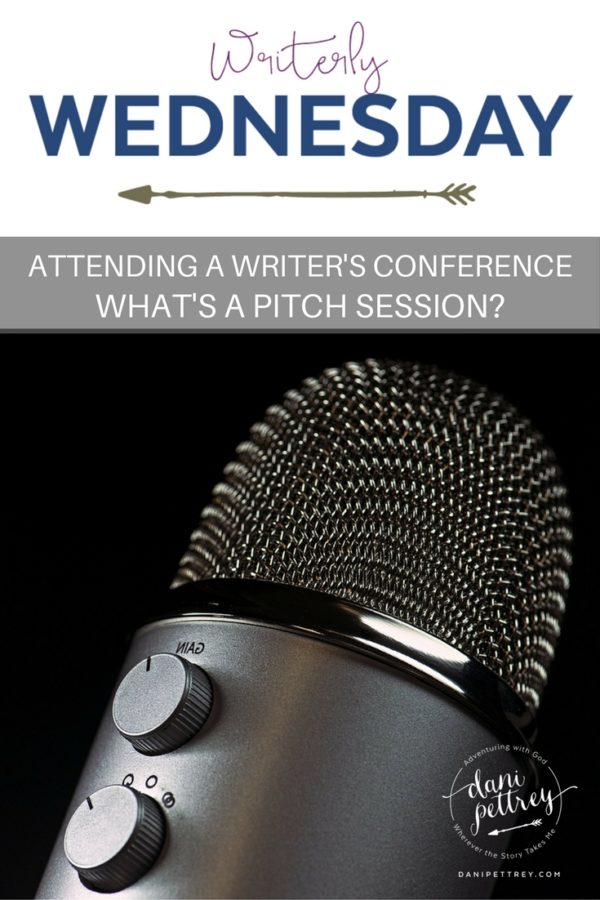 Happy Wednesday, friends! Thanks so much for joining me, and for giving my previous guests such a warm welcome. It's getting to be that time of year when a number of writing conferences take place, including my favorite--#ACFW. The
Happy Wednesday, friends! Thanks so much for joining me, and for giving my previous guests such a warm welcome. It's getting to be that time of year when a number of writing conferences take place, including my favorite--#ACFW. The